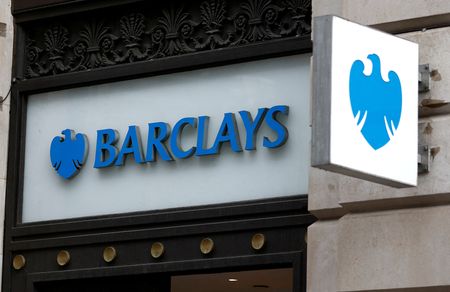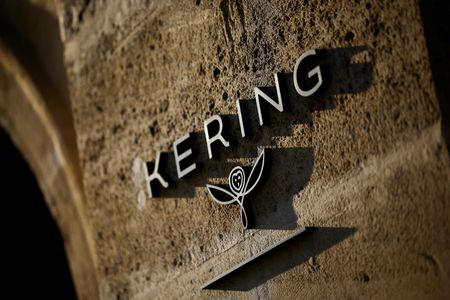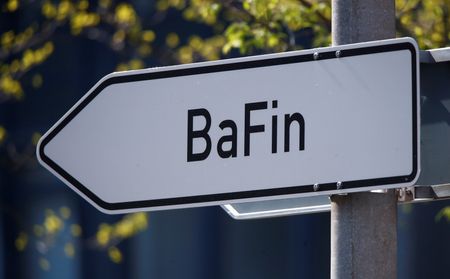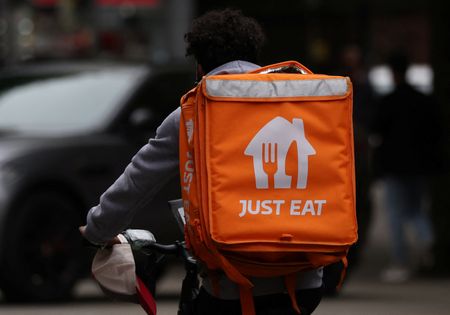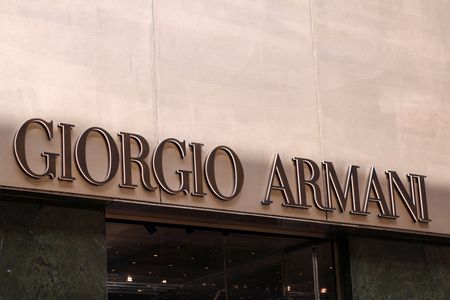By Virginia Furness
LONDON (Reuters) -Barclays has become the latest British lender to quit the Net Zero Banking Alliance, the bank said on Friday, arguing that the departure of several global lenders has left it no longer fit to support the bank’s green transition.
Barclays’ decision to quit the foremost banking alliance focused on tackling climate change follows that of HSBC and several major U.S.
banks and raises questions about the ability of the group to influence change in the sector going forward.
“After consideration, we have decided to withdraw from the Net Zero Banking Alliance,” the bank said in a statement on its website.
The bank added that its commitment to be net zero by 2050 remained unchanged and that it still saw a commercial opportunity for itself and its clients in the energy transition.
Earlier this week Barclays published the first update on its sustainability strategy in several years and said it made 500 million pounds ($666.20 million) in revenue from sustainable and low-carbon transition finance in 2024.
Jeanne Martin, co-director of corporate engagement at responsible investment NGO ShareAction called the decision to leave the Net Zero Banking Alliance “incredibly disappointing and a step in the wrong direction at a time when the dangers of climate change are rapidly mounting.”
Barclays said the alliance was no longer fit for its purpose: “With the departure of most of the global banks, the organisation no longer has the membership to support our transition.”
The Net Zero Banking Alliance, a global initiative launched by the United Nations Environment Programme Finance Initiative, lists more than 100 members on its website, including leading international financial institutions.
A spokesperson for the alliance said it remains focused on “supporting its members to lead on climate by addressing the barriers preventing their clients from investing in the net-zero transition.”
The NZBA earlier this year overhauled its rules after the departure of key members with banks voting to ditch some of its more stringent membership rules.
(Reporting by Virginia Furness, Editing by Iain Withers and Philippa Fletcher)

